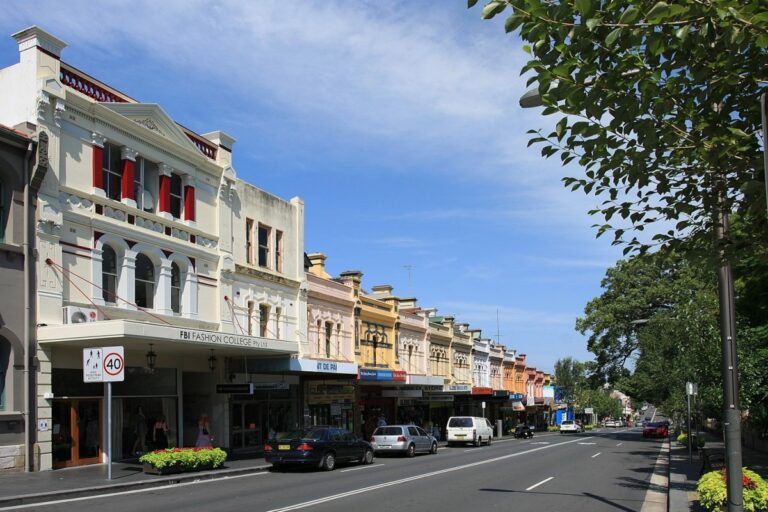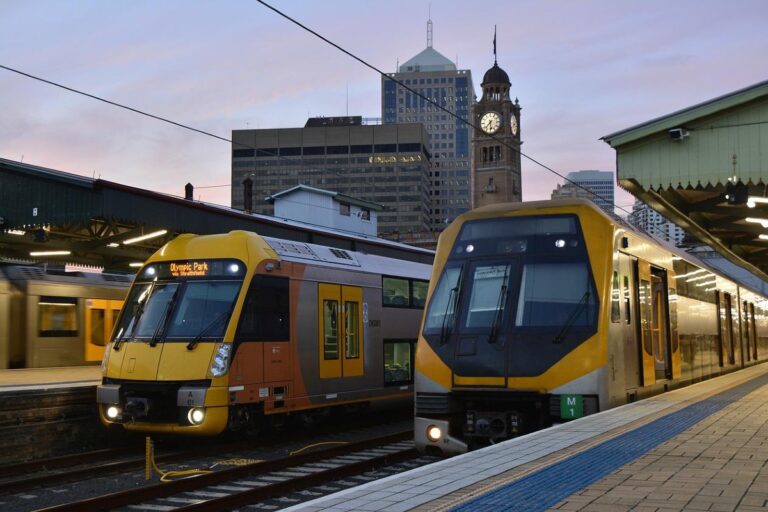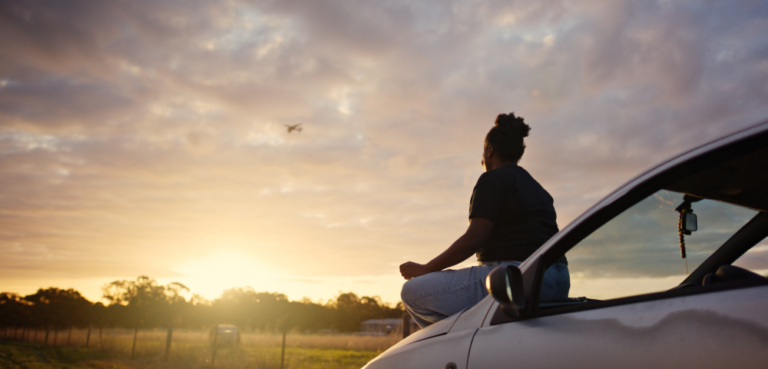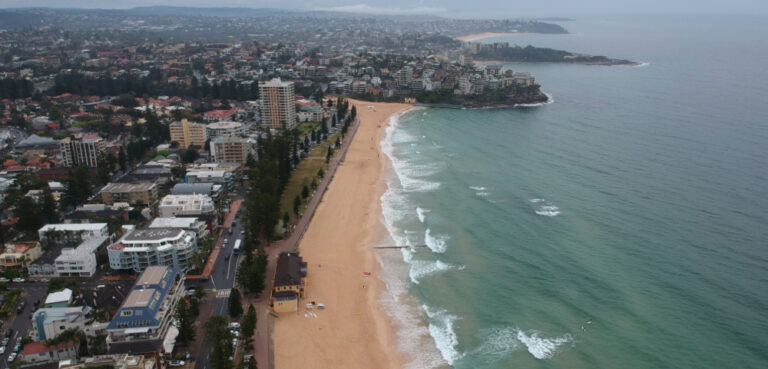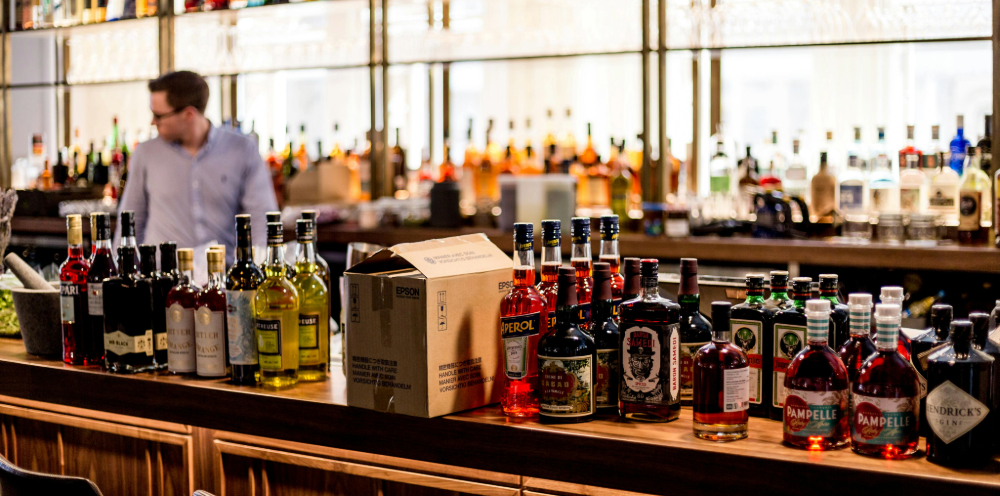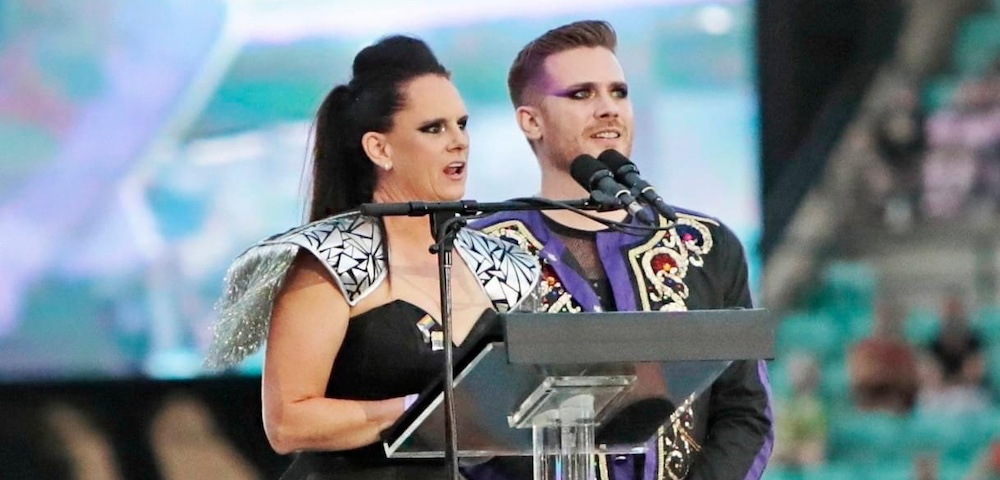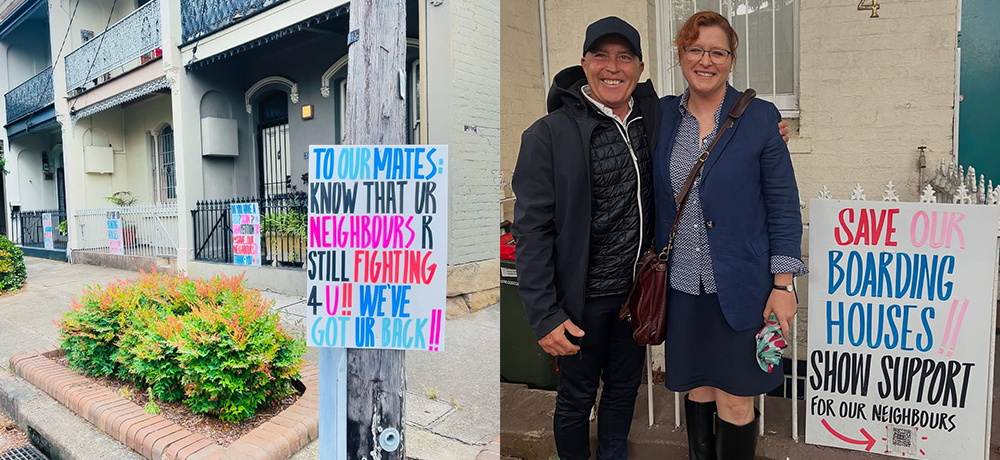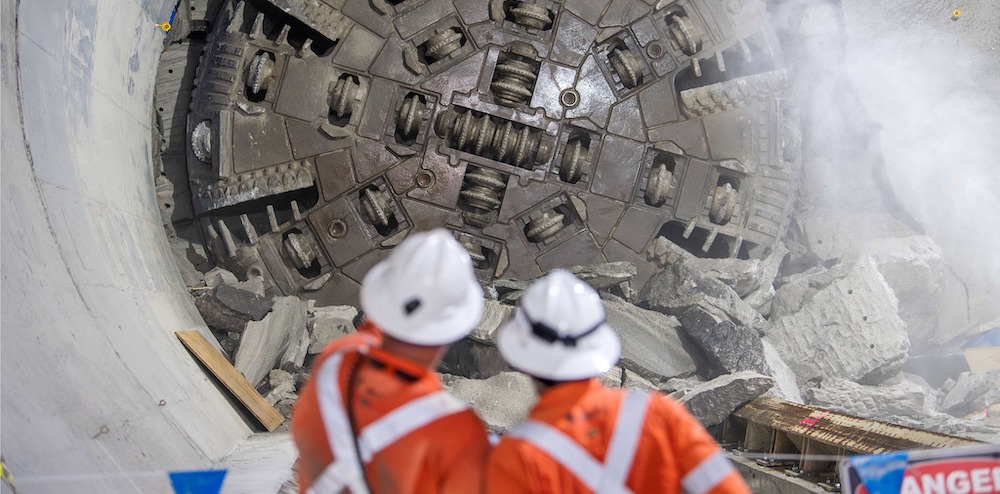
Sexual violence reformer is Newtown Woman of the Year

Image: Newtown Woman of the Year Danielle Villafaña with Newtown Greens MP Jenny Leong at Senator Mehreen Faruqi's IWD breakfast
Sexual assault campaigner Danielle Villafaña is Newtown Woman of the Year for 2023.
A sexual violence survivor, Villafaña was one of those at the forefront of recent significant reform for women experiencing sexual violence in Australia. She is a surviver who suffered significant trauma as a result of a sexual assault when she was 14.
When she was 17 and in Year 12 at Fort Street High School, she founded Youth Against Sexual Violence Australia after previously starting a smaller group, Youth Survivors 4 Justice. “We founded the national group … when we saw the peak of sexual assault and harassment circling the news cycle and as survivor myself and still in high school and being disenfranchised by the system it was really frustrating to see that the people who could do something about it weren’t,” she told the Sydney Morning Herald in 2021. The group aimed to provide a voice and a means for young people to be actively involved in campaigns for change.
Villafaña migrated from the Philippines as a young child. She is now a tenant in Newtown and like other students must work as well as study to cover expensive rent and other costs.
Villafaña has worked alongside other activists and survivor-advocates pushing for legislative consent reform, holistic standardised consent education and economic safety for women. She has led rallies and actions as well as advocating to ensure that young survivors of gendered violence are protected.In all her campaigning, she focuses on raising the voices of migrants and women of colour.

